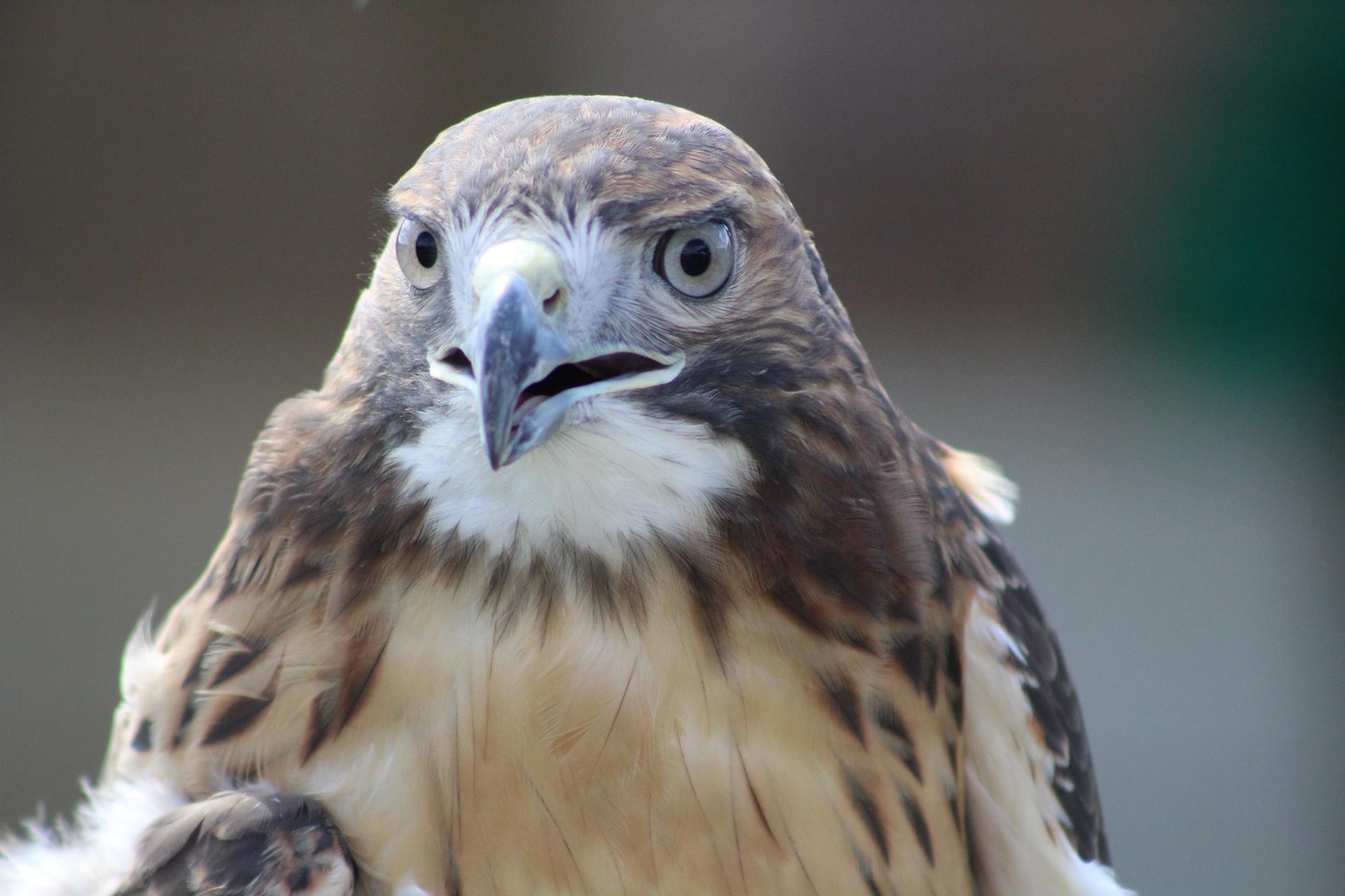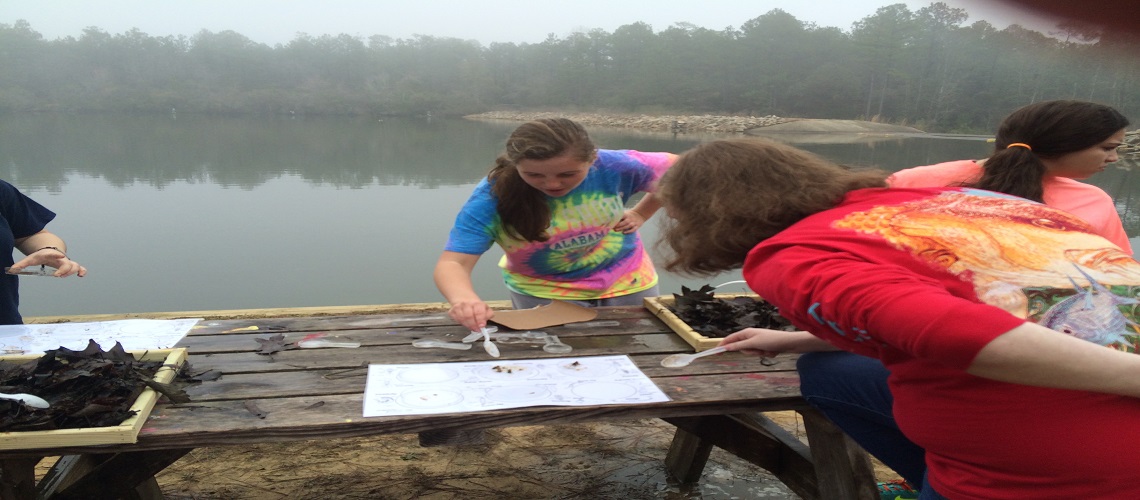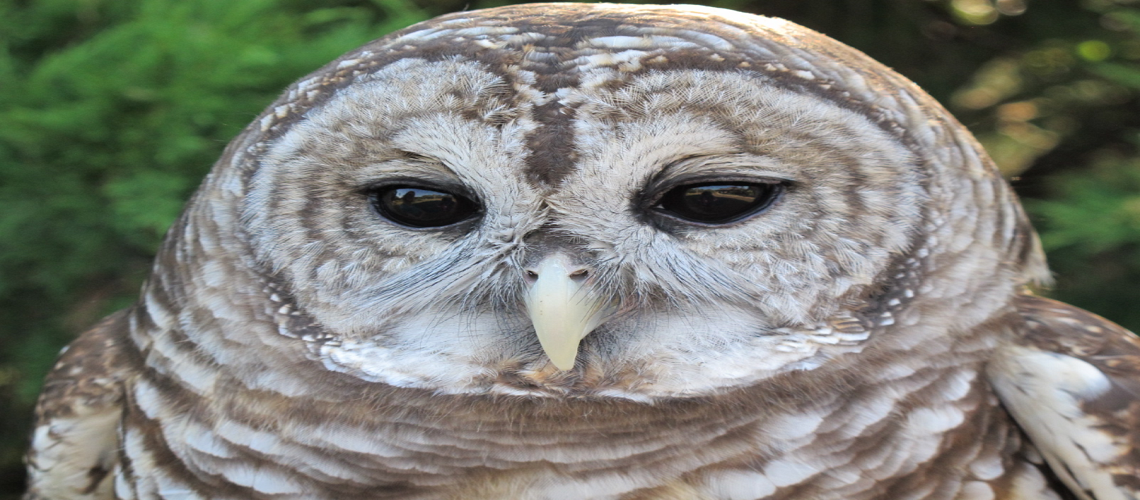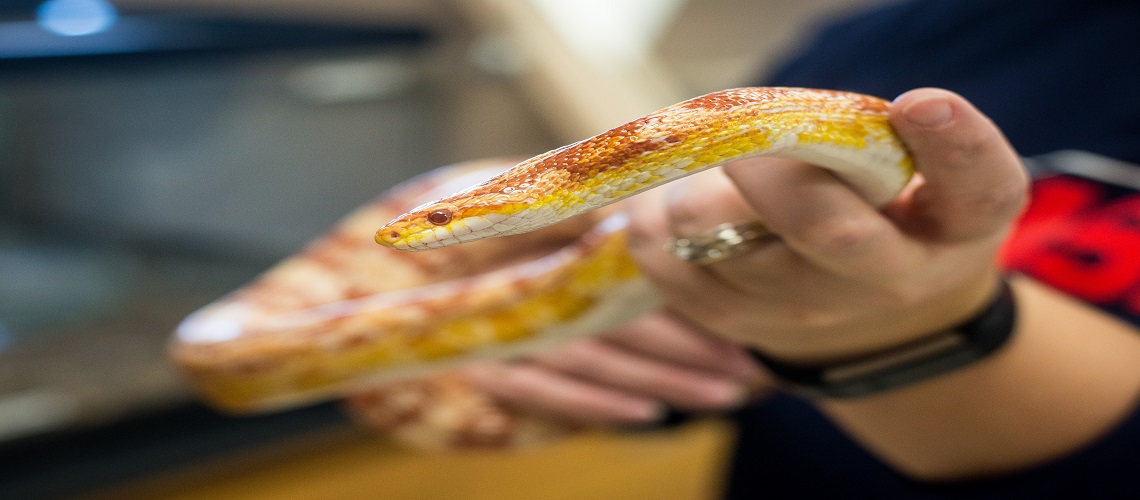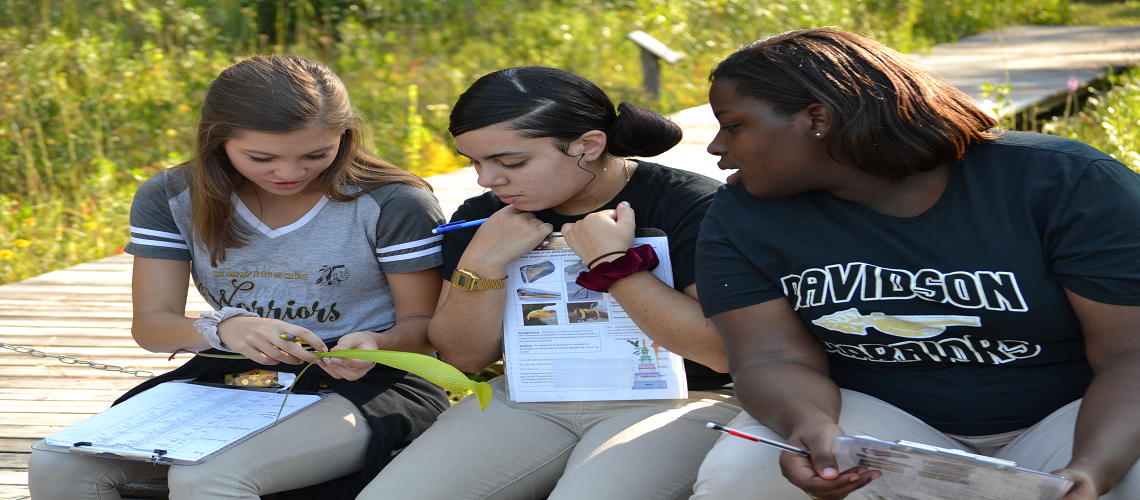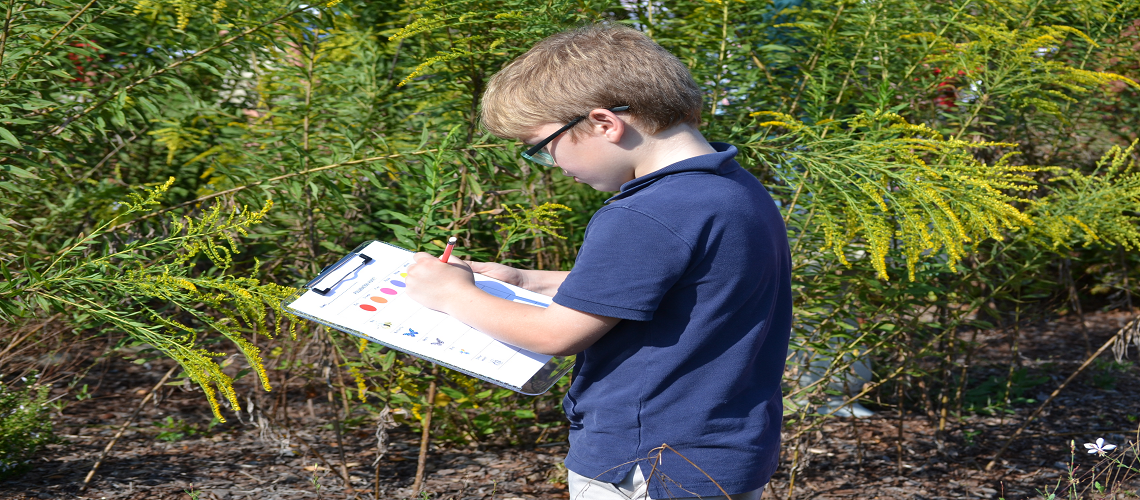Education, Exploration, & Wildlife Rehabilitation
The Environmental Studies Center is a natural sciences education facility designed to provide unique learning experiences to school children and the general population.
The ESC is open Monday - Friday from 8 am until 4 pm. Closed on Fridays the months of June and July.
Admission is $3 per person. Exhibits house animals native to Alabama. General public tours are self-guided.
